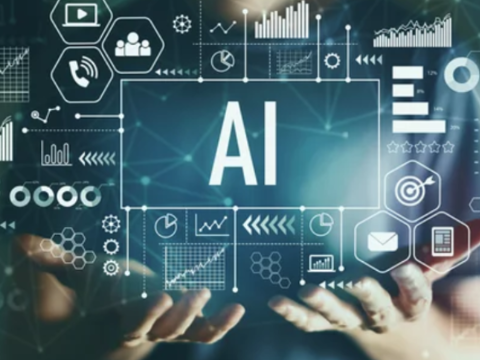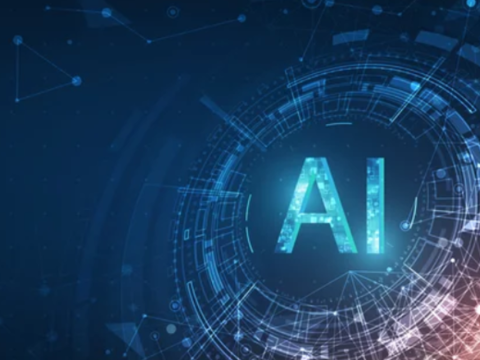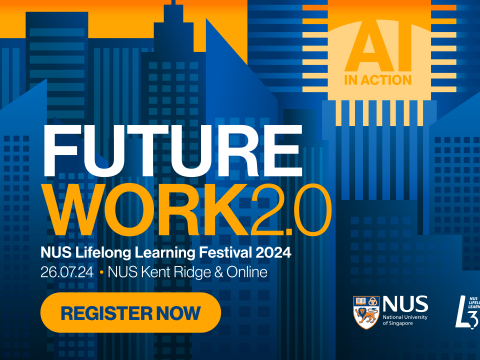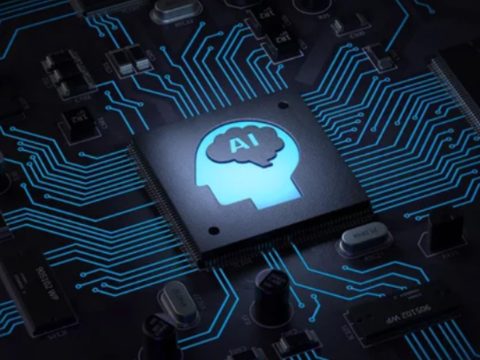Student partnership is seen as “a collaborative, reciprocal process through which all participants have the opportunity to contribute equally, although not necessarily in the same ways, to curricular or pedagogical conceptualization, decision making, implementation, investigation, or analysis” (Cook-Sather, Bovill & Felten, 2014: 6-7). In this talk, Dr Lisa Cheung from the Centre for Applied English Studies (CAES), the University of Hong Kong HKU) will first present the context for student partnership and potential benefits of engaging students in teaching and learning. The conceptual model for student partnership (Healey, 2014) will be discussed as a foundation of engaging students through partnership in higher education. The model focuses on four interrelated ways of engaging students in partnership: curriculum design, assessment and feedback, scholarship of teaching and learning, and subject-based research and inquiry. Building on the Students as Partners initiative in CAES, Lisa will discuss three major roles that student partners can take to engage in teaching and learning projects for enhancement of teaching and learning (i.e., Co-Creator, Co-Teacher, and Experience Sharer).













